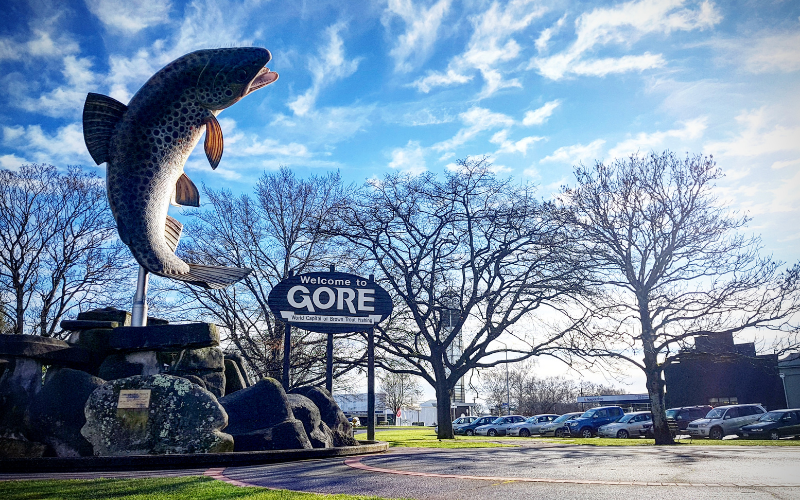

New Zealand is about to gain its circular economy where plastic, steel or aluminium waste would be returned and converted into raw material. The Gore District Council has a set series of kerbside recycling programmes for waste minimisation. This week the Council agreed on various solutions to venture out of its Rethinking Waste project initiative and incorporate more transparency.

The Council will scrutinise the feasibility and community support for setting up a kerbside collection service after it has appointed a waste minimisation officer and has thoroughly studied the resource recovery park.
The Chief Executive Stephen Parry alluded that a lot of changes had taken place since the first announcement of the Council in 2020 when they had declared they would only set up glass collecting kerbside recycling units in Gore and Mataura.
Stephen Parry further explained: “At the time, we were seeing a progressive withdrawal or collapse of overseas markets, which caused the Council to question the wisdom of continuing a service where the product could only be stockpiled or sent to landfill.”
“There was also the contentious recycling tender process with the then Southland disAbility Enterprises, which was ultimately abandoned,” the Chief Executive added.
After this, the company was in the process of identifying its shortcomings and overcoming them. Once it had a break to rethink its position, it was not long before new adjustments were made to the kerbside solution.
“There are encouraging signs about changing market conditions, giving new hope that recycling could once again be pursued,” Parry seemed confident as he spoke.
He was positive about the company’s role in pushing the Government toward a waste disposal levy. Though the levy costs US$20 per tonne at this moment, the Government has assured a hike to US$60 per tonne in 2024.
Stephen Parry claimed that the Government of New Zealand has finally unveiled to the local authorities a directory on how to reduce waste in the future and the prospectus of the entire scheme.
“Once we have assessed the scope and costs of a recycling service, we will be talking to our community about what it might look like,” he assured the local people.
The Council had already spoken with the Southland Company that recycles glass into materials for road-making purposes, he assessed.
Rethinking Waste is chaired by sustainability and waste recovery genius Dr Niki Bould. In her report addressed to the Council, Dr Bould asks for a simple recycling protocol. She was the one to point out that glass should always be collected and treated separately since it is hard to decipher glass when it is mixed with other materials.
According to Dr Bould, the kerbside collection should be aimed at gathering steel, plastic and aluminium only since these products are recyclable. Among the three, aluminium is infinitely recyclable and can be cast into form after retrieval from Waste.
Mainly the kerbside programme will focus on collecting steel tin cans containing soup or pet food, plastic milk or water bottles and aluminium beverage or beer cans.
Dr Bould promptly exclaimed: “There is no money in a tonne of dirty, contaminated materials that have broken glass throughout. The value in a material is its quality.”
Dr Bould also suggested that the Council must accomplish a feasibility study to construct a resource recovery park. She even began to explain why such areas are extremely important to make people understand how to refuse, reuse, repair and repurpose.
“Rethinking waste and finding value in waste is essential if we are going to change behaviour,” she put down her argument.
Resource recovery parks are beneficial for the environment while they create employment for many people around the vicinity.
Responses








